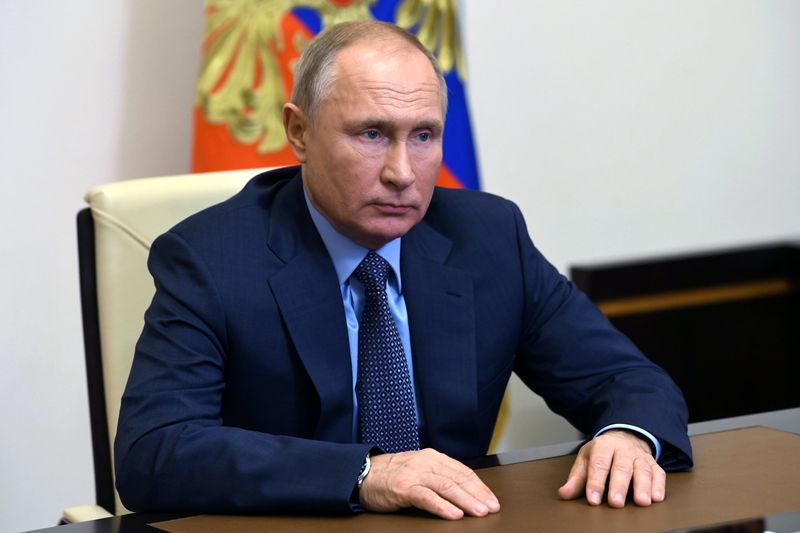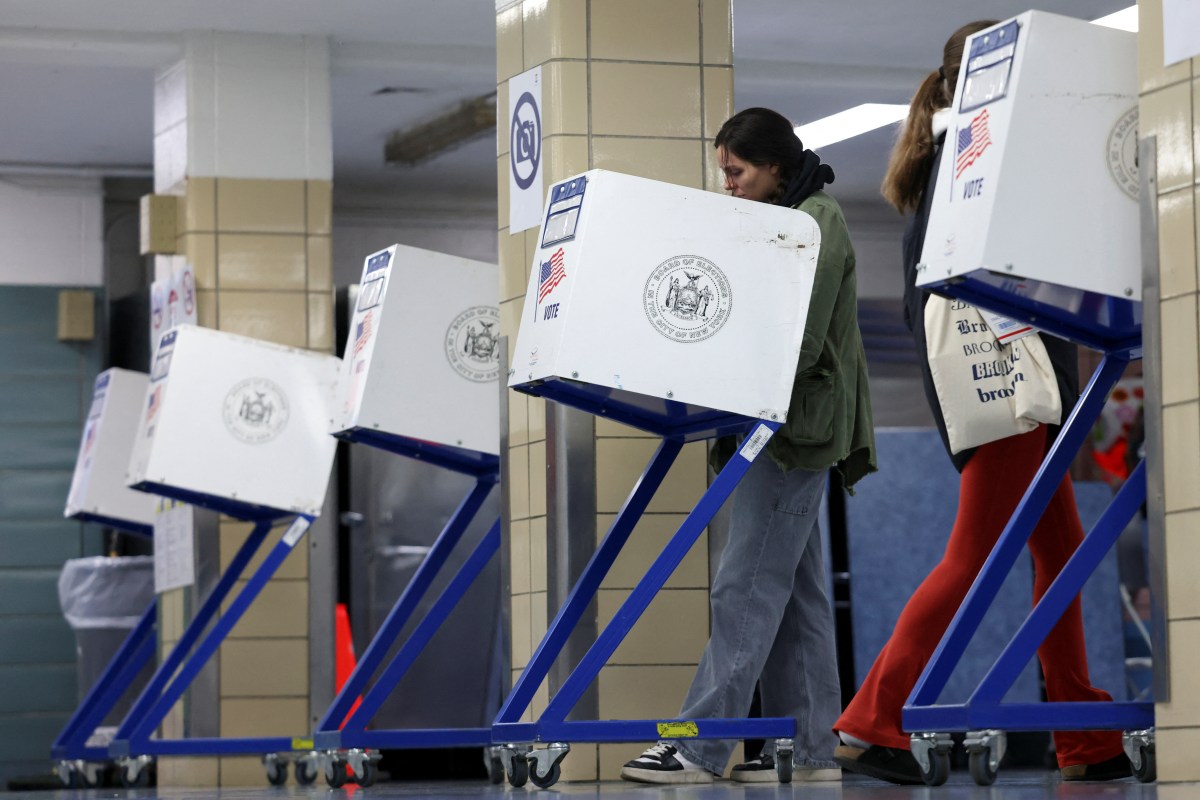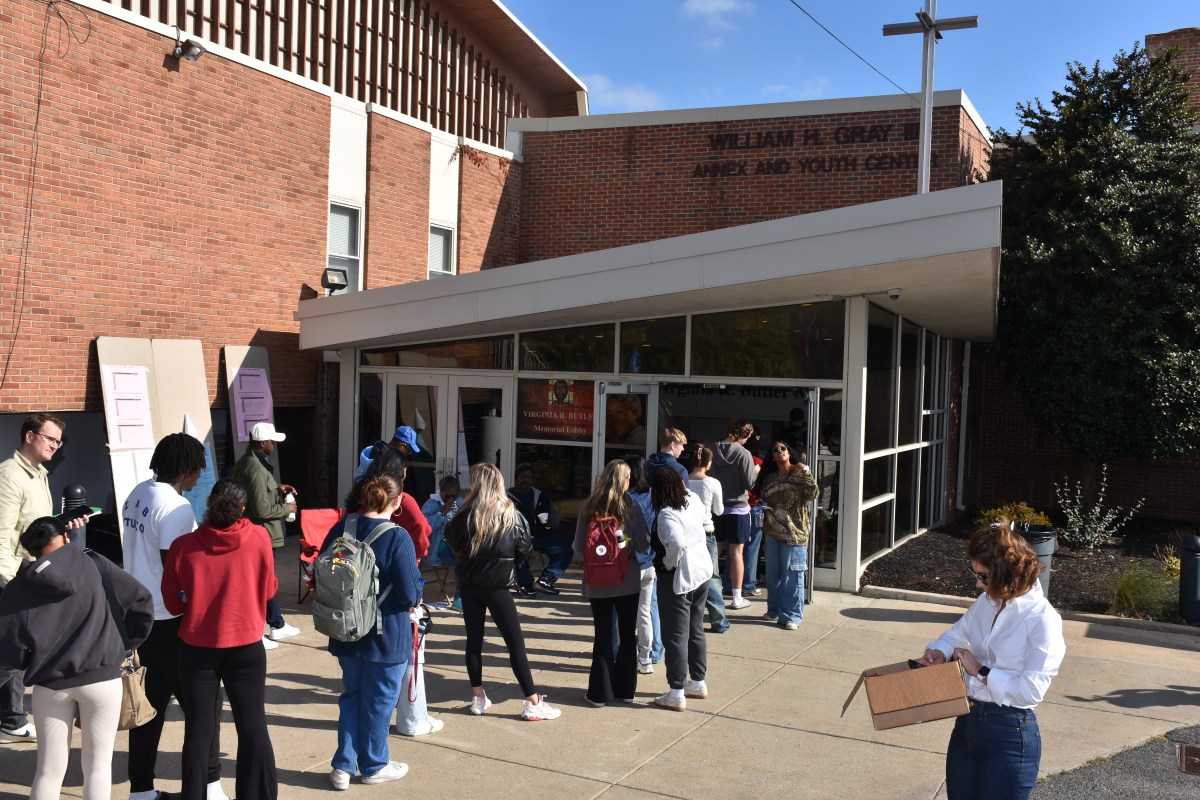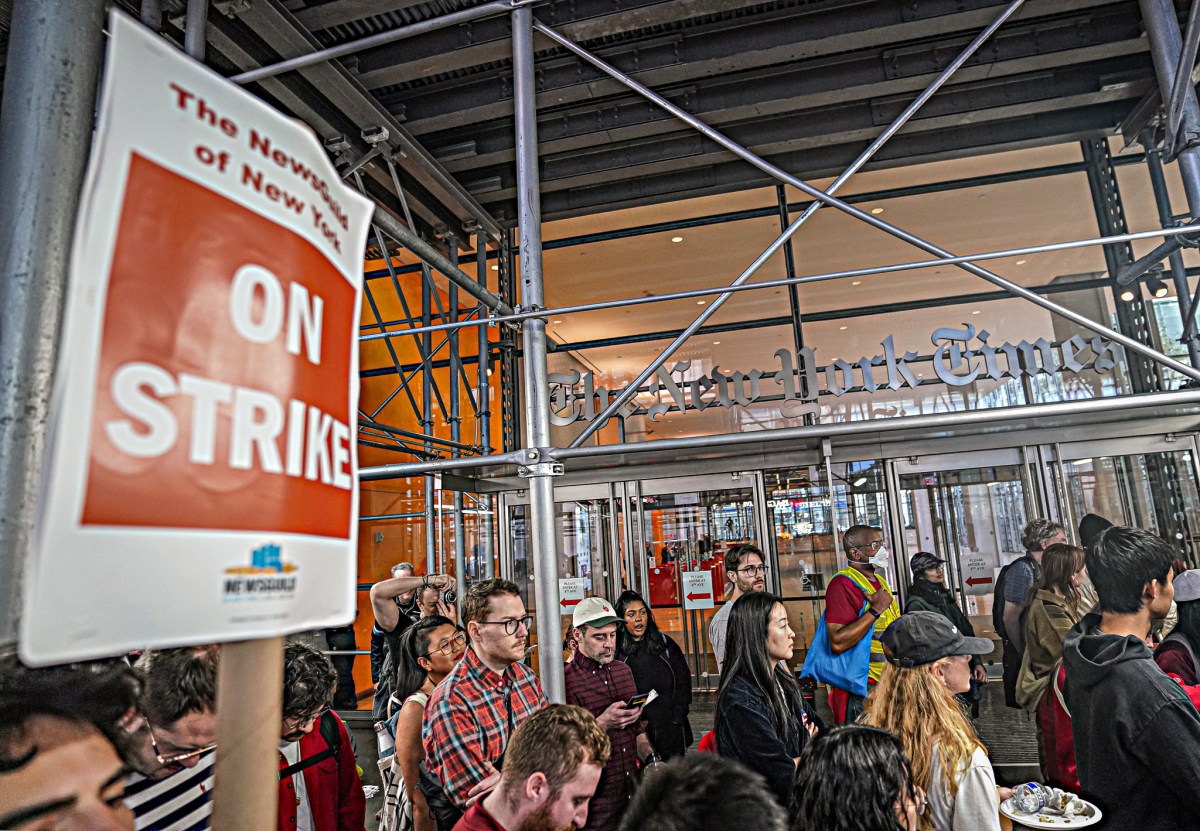MOSCOW (Reuters) – Russia’s economy may return to pre-crisis levels by autumn and overall gross domestic product growth this year could reach around 3.7%, Andrey Kostin, chief executive of the country’s second biggest bank VTB, said on Monday.
The International Monetary Fund has praised Moscow’s efforts in tackling the economic effects of the COVID-19 pandemic, with an increase in borrowing and spending coupled with a soft monetary policy resulting in a GDP fall of 4%.
As commodities prices, the lifeblood of the Russian economy, are generally on the rise as a result of renewed demand, GDP growth is seen at around 3.7% this year, Kostin said during a virtual meeting of the World Economic Forum.
“We feel reasonably optimistic about this and we hope that by autumn the Russian economy will return to the pre-crisis level,” Kostin said.
Russian credit rating agency ACRA forecasts growth close to Kostin’s expectations, with the rouble firming, provided there are no new sanctions on Moscow, a risk which has re-emerged since the arrest of an opposition leader.
The European Union will consider fresh sanctions against Russian individuals on Monday after more than 3,000 people were arrested on Saturday in protests to demand the release of Kremlin critic Alexei Navalny.
“Households’ mood in the context of the rising inflation and increase in the protest activity may require a (state) support, and we do not exclude the return of the additional budget spending to the agenda,” Dmitry Dolgin, chief economist for Russia and CIS at ING Bank Eurasia, said in a note.
Russia’s inflation hit 4.9% in 2020 from 3.0% in 2019, above the central bank’s 4% target, and the budget deficit reached 3.8% to GDP, its widest in a decade.
Moscow has previously said it plans to cut extra support to the economy to some 1% of GDP this year, from 4.5% in 2020.
(Reporting by Katya Golubkova; additional reporting by Elena Fabrichnaya; Editing by Catherine Evans and Alexander Smith)





















